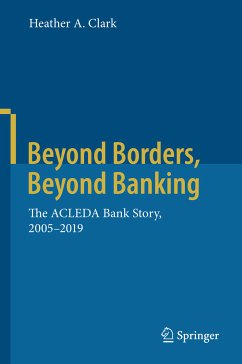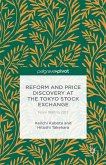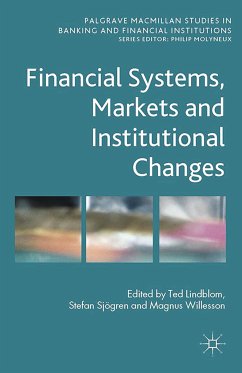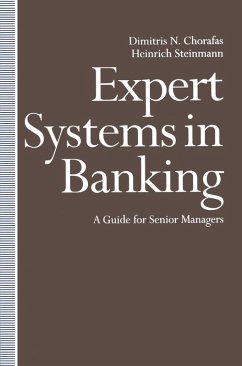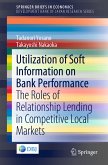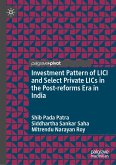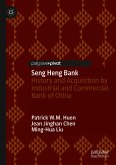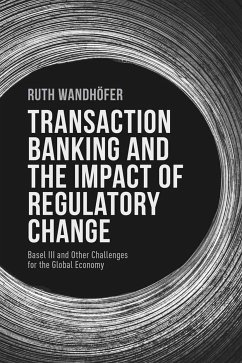This book traces the recent growth of the Cambodia's inclusive financial sector and tells the story of the increasing strength and prominence of Cambodia's leading bank, nationally and within the region.
I also invite you to read the prequel to this book, When There was No Money. It tells a wonderful story about the initial stages of Cambodia's efforts to develop a banking system that worked for the people."
-Keat Chhon, MP, Former Deputy Prime Minister, and former Minister of Economy and Finance, The Royal Government of Cambodia, Honorary Chairman of the Supreme National Economic Council
This book examines the experiences and good practices of ACLEDA Bank, Cambodia. Applicable to banks and microfinance institutions around the globe, it includes materials for classroom instruction on organizational development, financial sector development, the role of government and investors in supporting the financial market, and the benefits to customers.
Following on the previous publication When There Was No Money, which tells the ACLEDA story by tracing its history and various stages of organizational development in the financial sector as it evolved in Cambodia from 1991 to 2004, this book examines the 2nd decade in the bank's history, including its expansion to Lao PDR and Myanmar, and the launch of subsidiaries, such as ACLEDA Securities and the ACLEDA Institute of Business.
Adopting a documentary approach, the book presents case studies supported by current economic and financial literature, as well as stories from a wide rangeof interviews with the board, management, staff, customers, competitors and regulators.
Given its scope, the book offers a valuable resource for financial institutions, investors, researchers and students interested in financial inclusion, financial sector development, good governance of financial institutions, microfinance, aid effectiveness, post-conflict organizational development, and Cambodia.
Dieser Download kann aus rechtlichen Gründen nur mit Rechnungsadresse in A, B, BG, CY, CZ, D, DK, EW, E, FIN, F, GR, HR, H, IRL, I, LT, L, LR, M, NL, PL, P, R, S, SLO, SK ausgeliefert werden.

